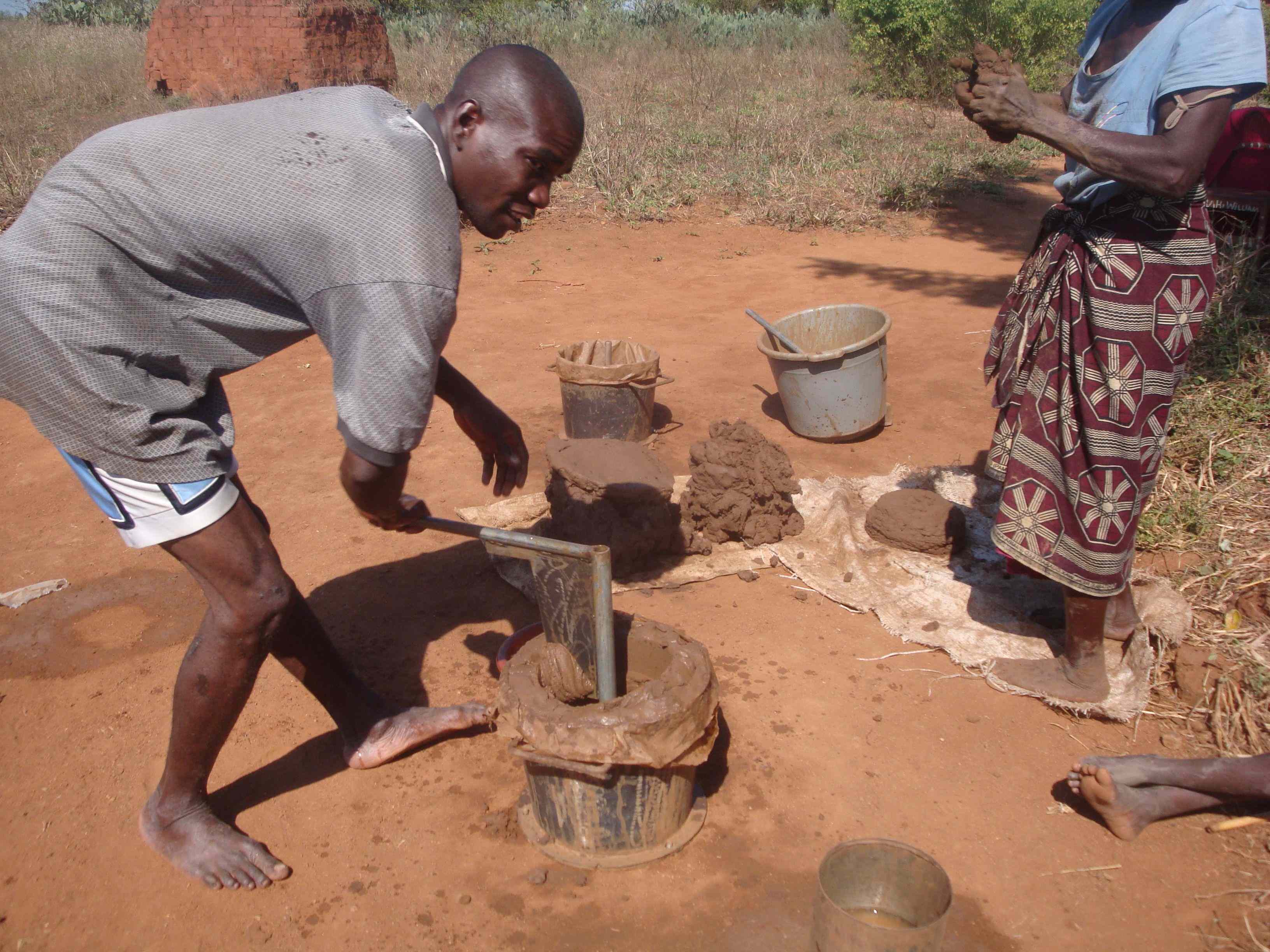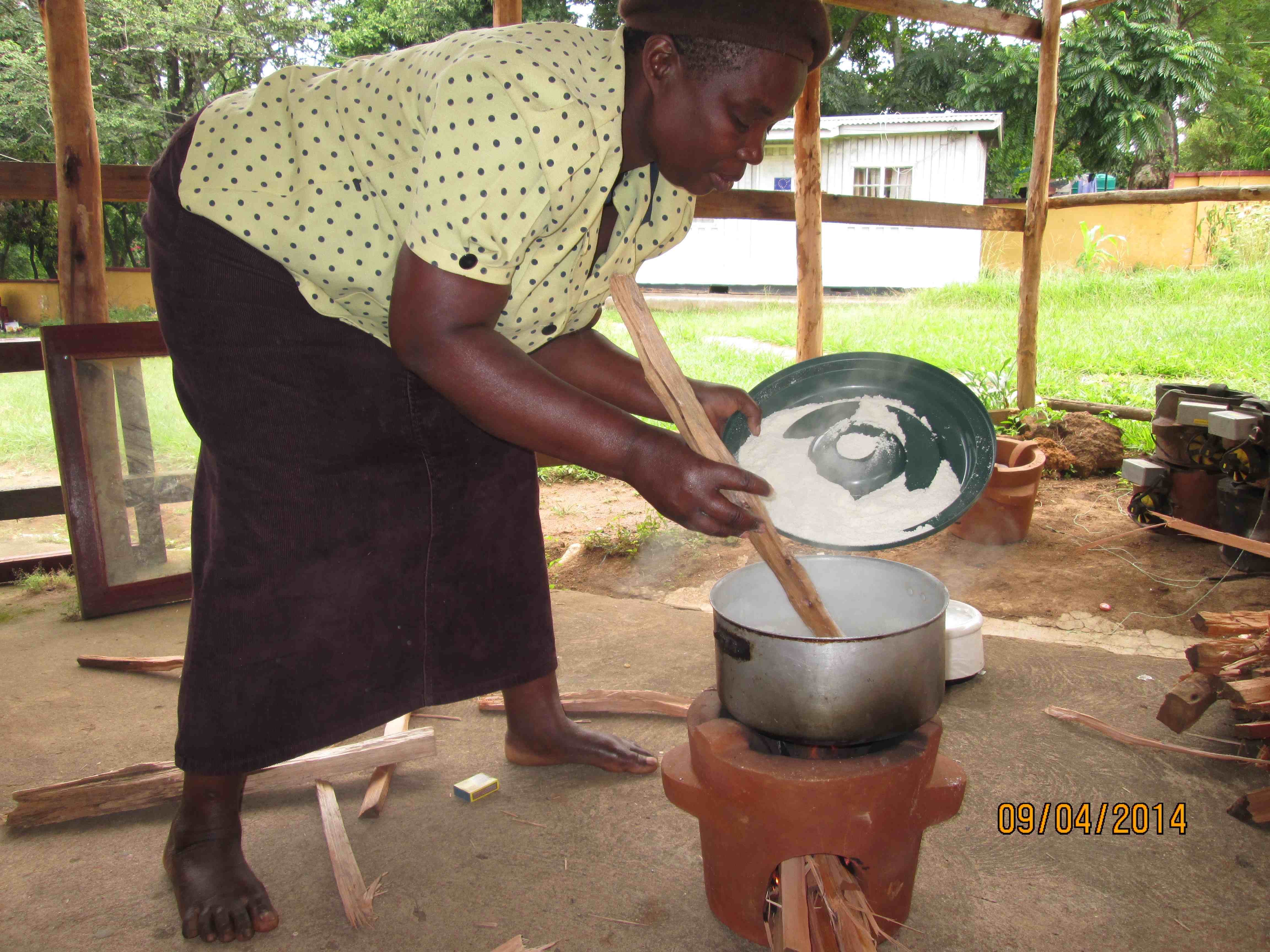We have recently conducted a one and a half day workshop on ‘mainstreaming’ with 25 reps from six of the major projects that CU implement. ‘Mainstreaming’ is the term used to describe how the ‘cross cutting issues’ (Rights advocacy, HIV AIDS, Equality & Environment) are integrated into all CU projects. The participants were those responsible for incorporating such activities into the projects and the workshop was an opportunity for them to share practice and ideas.
Two of the learnings captured that resonated for me were:
- Voting and verification (used in the Targeted Food Distribution) process- can it be adopted to other situations (e.g.: livelihood projects) rather than the ‘community leaders’ making decisions?
- There is a need to collect cross-cutting stories and document them (after the event) as part of the impact report, not try to set up indicators in advance.
I was really reminded of the conceptual similarities between the voting and verification process used to identify vulnerable households (femalie or child headed, aged, HIV/AIDS etc ) and the Participatory Budgeting movement that is emerging in the developed world. Essentially, that engaging those that have a stake in a discretionary budget gives a better result than relying on the judgement of a few ‘leaders’.

Using a simple mould, a villager will take about half a day to fully make a fuel efficient stove. They can then sell these for about $1.50 each. Part of the ‘mainstreaming’ is to also encourage rehabilitation of the clay pits.
The second observation, regarding the impact report really struck a chord with my emerging sense that while it is really necessary to establish indicators that can monitor project outputs, trying to monitor outcomes (change in the broader system) in the same way overcomplicates things. Keep the monitoring simple for implementation purposes, and check for impact by collecting stories at the end.

The Mbaula fuel efficient stove uses about one third to a quarter of the amount of firewood to cook a meal. Unfortunately if there are plenty of trees around, it is easier to continue with an open fire than find $1.50 for a stove.j
There was another passing comment, that the workshop did not expand on, but which is dear to my heart, which concerned the efforts made to advocate environmental regeneration of clay pits used for constructing the more fuel efficient Chitetezo Mbaula stoves, but how the destruction caused by this activity pales into insignificance when compared to that caused by the road industry.
